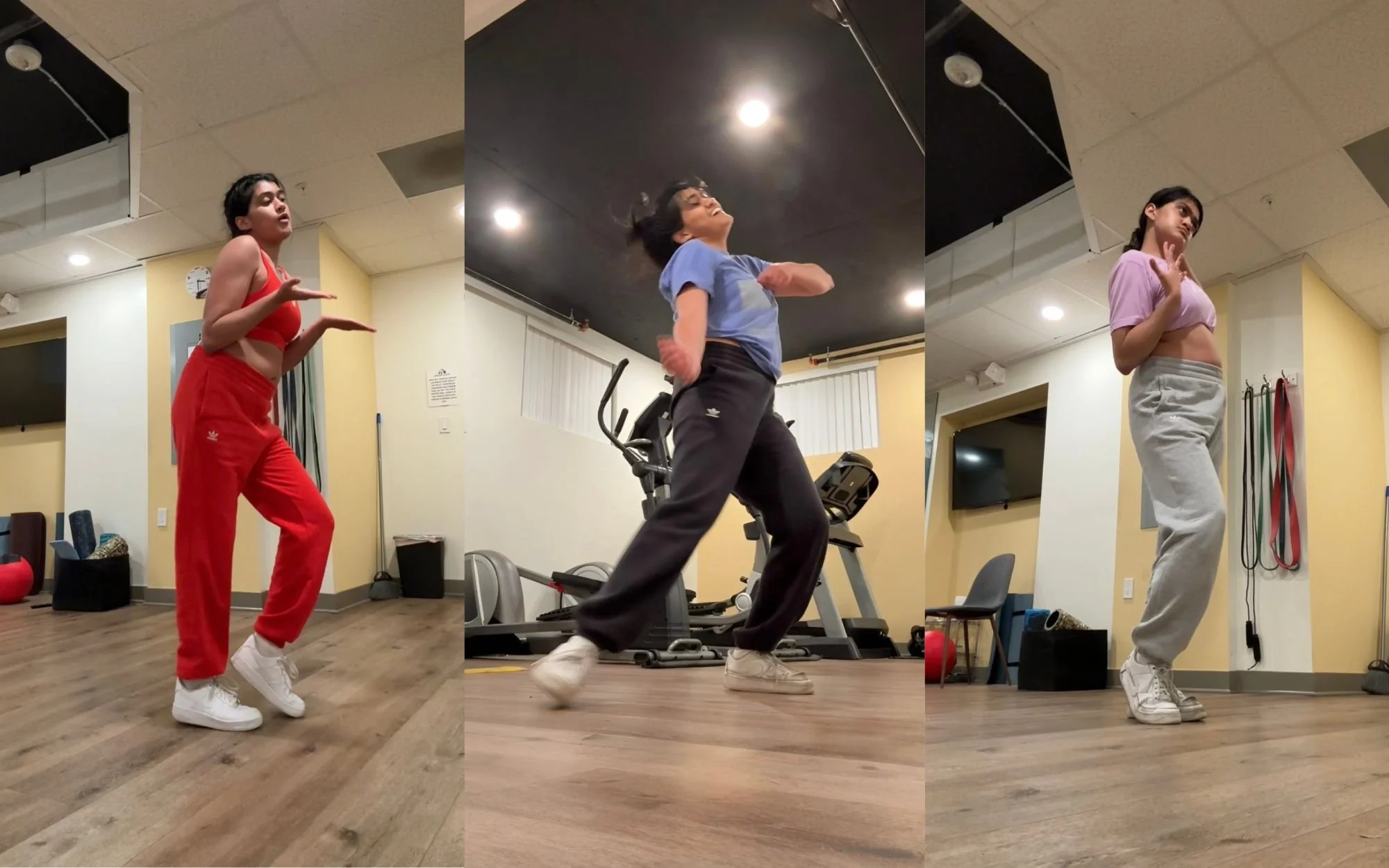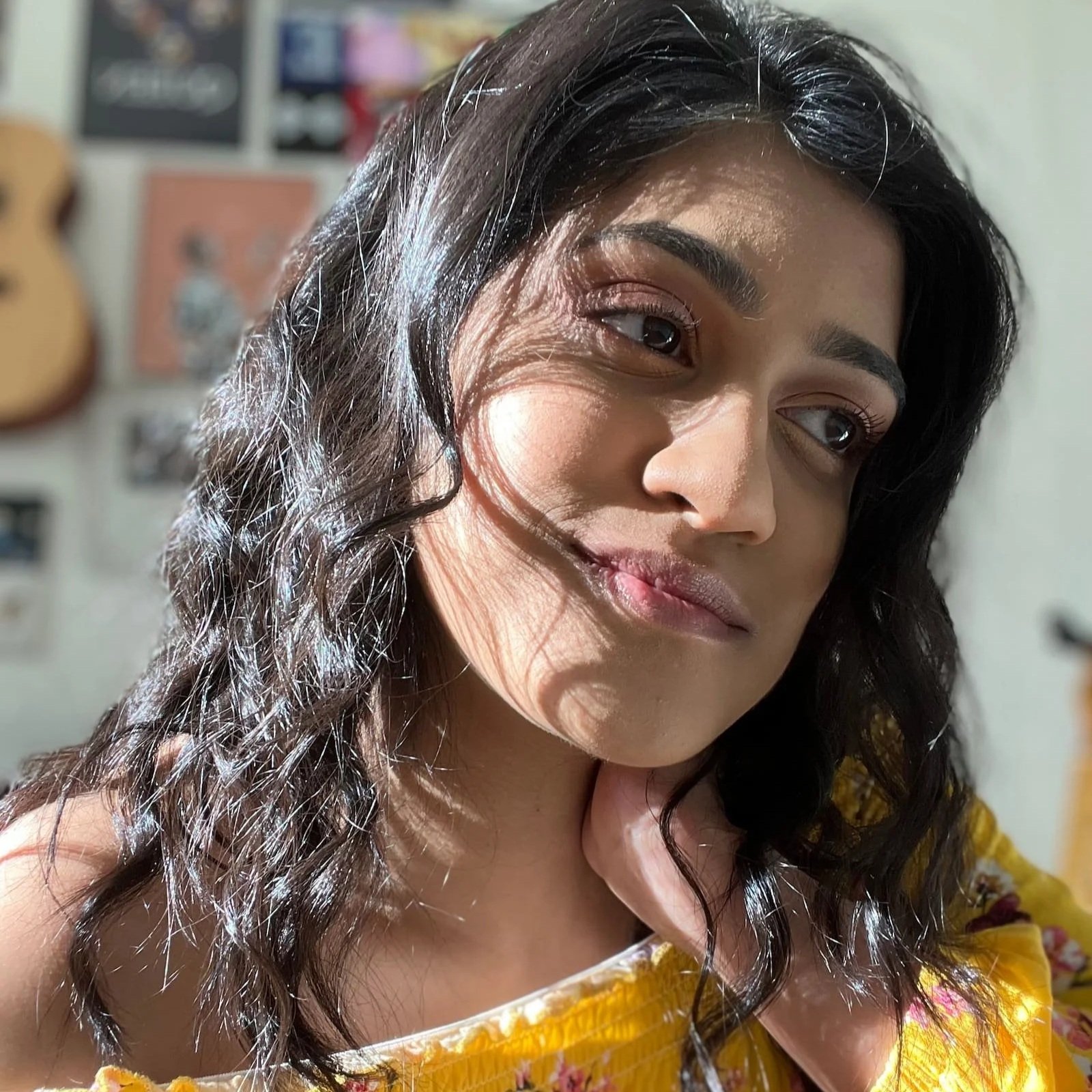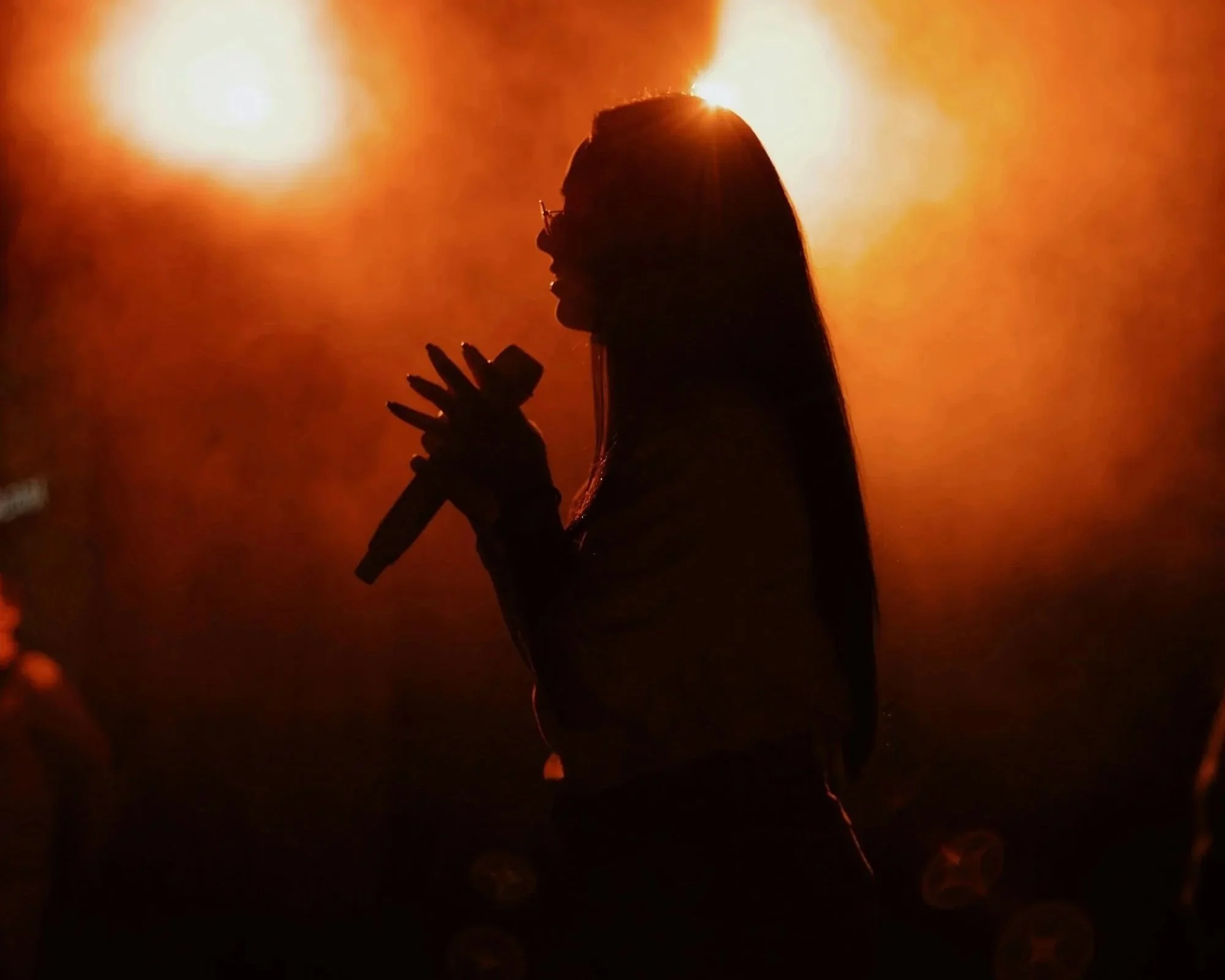Gen Z: We’re Mentally Ill. We’ve Gotta Dance More.
I know — just hear me out.
By Mekhala Mira
August 17, 2025
Apparently, Gen Z doesn't like to dance. When I first heard that, I thought it was just another, "ok boomer" moment, an example of older generations finger wagging at younger ones. But when I did a deep dive, I started to understand where the sentiment came from.
There's been a lot of discussion lately about social anxiety amongst young adults and how it not only manifests in less social interaction, but also in a fear of public humiliation with the prevalence of social media. There are cameras everywhere. We constantly feel like we're being watched, and that if we make the mistake of not presenting our most perfect selves to the world, we could be the subject of viral online humiliation.
You can imagine the nightmare - busting out the funky chicken at a club and instead of just the people around you laughing with you, a mob of people online are laughing at you. The worst part – it's for a real, human moment that represented your most pure self. Suddenly, you have no control over the perception of yourself, and it feels permanent. In a second, a moment that wasn't curated to be judgement-proof is your downfall. Dun dun dun.
I get it. I've had that anxiety too. In fact, Gen-Z has the highest rates of anxiety out of every previous generation. New research shows that 46% of us young adults have been diagnosed with a mental health condition, with anxiety being the top offender. On top of that, 45% also report skipping social situations because of their mental health, and 39% cite social media as the source of their struggles. As an elder Zoomer who also struggles with their mental health, I'm here to tell you that dance is a solution, not a problem.
Dance can directly counteract mental health struggles. Studies have shown that dance can alleviate anxiety, improve body confidence, and reduce a fear of negative evaluation from others. I've felt those effects firsthand.
In high school, I was known as the awkward girl who couldn't dance. I had long limbs, a hunched posture, and was singularly focused on making myself as small as possible.
Age 14 — 7 years before I started dancingI acted like I was in on the joke, but it was humiliating to have people laugh at the discomfort I felt in my own body. I faked confidence going into college, but I still felt like an observer. I was holding myself back from making real connections because I was afraid I’d be revealed as that girl in high school who was always the butt of the joke.
In my junior year of college, I had lost a lot of my friends and spent most of my time online. This was around the time that the K-pop band BTS was at their peak popularity. Videos of them dancing dominated my YouTube and social media feeds, and soon after, I saw other people doing covers of their dances. Their confidence was mesmerizing. My body was itching to move like them. Eventually, frustration with my monotonous lifestyle outweighed my fear of rejection, and I decided I had nothing to lose; my options were either try it out or sit alone in my room, daydreaming about trying it out. I looked up a small local dance studio, chose a beginner's hip hop class, and I began an extremely rewarding journey expanding the limited definition I had of myself.
With every subsequent class, I felt more and more comfortable taking up space. I went from tentatively sticking my head into the gym doors to check if the coast was clear to wildly practicing in front of strangers whenever I chose to go. My skill level stopped mattering, as the release in my body through movement made self-consciousness irrelevant. The more I danced, the more my throat loosened, my belly unclenched, my chest lightened, and my feet felt even on the ground. I became so focused on how I felt that I forgot how others might feel about me.
It makes me sad that others aren't experiencing the catharsis of dance because social media algorithms reward perfection over growth. We've been taught that if we're not an expert at something, we should not be seen doing it. But confidence is contagious, and the more people are confident in their imperfections, the more others will be as well.
I am not a trained dancer. I dance for fun. My arms look ridiculous flailing around. I lose balance and fall over 70% of the time. But I still stare at myself in the mirror and tell myself I'm hot shit while doing all of it. The more I do that, the more I internalize that confidence, and I've been able to carry it into all aspects of my life. Not only has it been invaluable to my self-worth, but it’s also improved my relationships. People feel safe around those who are confident in themselves.
I freestyle in the gym a few days a week now.In my senior year of college, I took a beginner's hip hop class. I was arguably the most enthusiastic participant in that class. I knew how much dance had provided for me and wanted others to feel supported while developing confidence in something new to them. I organized group rehearsals and cheered every single person on, hoping they would feel safe to explore their joy. I pushed myself out of my comfort zone as well, awkwardly executing new movements in a space where others were looking to me to lead. I was able to do so because I realized it wasn't my skill level that made others feel comfortable in my leadership — it was the acceptance of my own lack of skill.
In our final class, we were all sitting in a circle debriefing, and one of the quieter freshmen spoke up. He shared that he’d felt insecure coming into the class, but that my encouragement helped him with his confidence and he was excited to keep dancing. He thanked me for making the semester so enjoyable for him. I watched as everyone else in the class nodded in agreement. It's the most incredible compliment to receive - that your actions helped someone else see more in themselves.
You could do that too. Every person who shares something imperfect gives someone else permission to do so.
Unfortunately, this isn't a private world anymore. Anyone can film you anytime. The feeling of being watched will always be there. But censoring a source of relief out of fear of how we're perceived is not a solution – it compounds the problem. Our mental health as a generation declines more and more every year because of our culture of never wanting to show vulnerability. So many of us struggle with anxiety, and very few of us have the resources to treat it. Dance is a free resource for you. Sure, someone might film you, but the more you do it, the less you'll care. Not only will you be improving your own mental health, but you’ll also be improving a culture of performative perfectionism that has been toxic to everyone's mental health.
With every imperfect moment you share with the world, you dilute the potency of fear that social media has spread in our society. I want you to know that when you share an unfinished version of yourself, I will be rooting for you. If you're doing the funky chicken in the club, I'm going to hype you up, and I'm sure I won't be the only one doing so. We all just want to feel seen and accepted as the most authentic version of ourselves. If you show confidence in that version of yourself, you give others permission to do the same. It can be daunting if you feel like no one around you is doing it, but if you're reading this, I want you to know that I'm doing it. I give you permission to express your most authentic self without shame. If I – the awkward, insecure, hidden girl from high school – can command attention on a dance floor, just think about what you could do if you followed your gut instincts in the face of fear.
Age 22 — 1 year after I started dancingMekhala Mira is a writer, producer, and musician based in Los Angeles, California. Her work, rooted in both research and radical vulnerability, examines how the world around us shapes our internal lives.
We celebrate “gifted” children at a young age, but what happens to them when they grow up?
“AI-generated art is the future,” is a narrative that has dominated our public discourse, but it ignores the reality of why we’re drawn to art in the first place.






